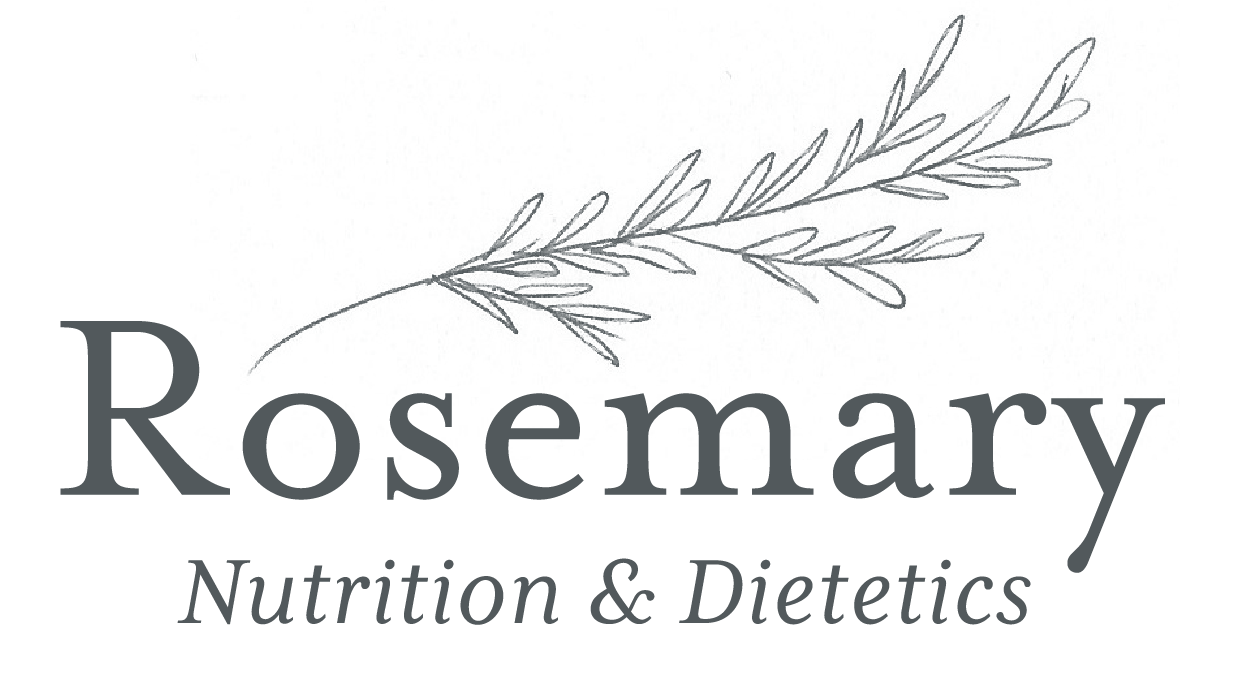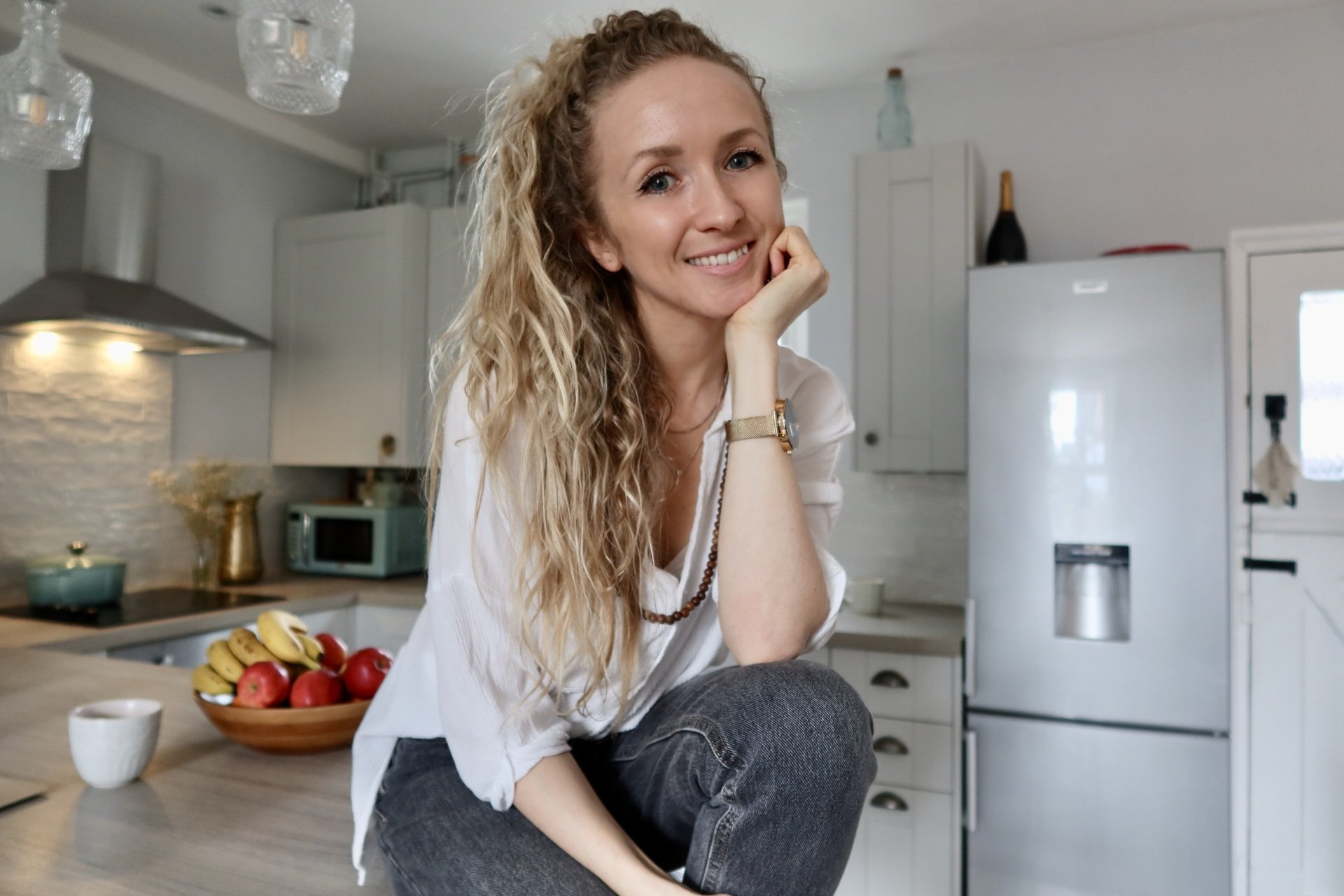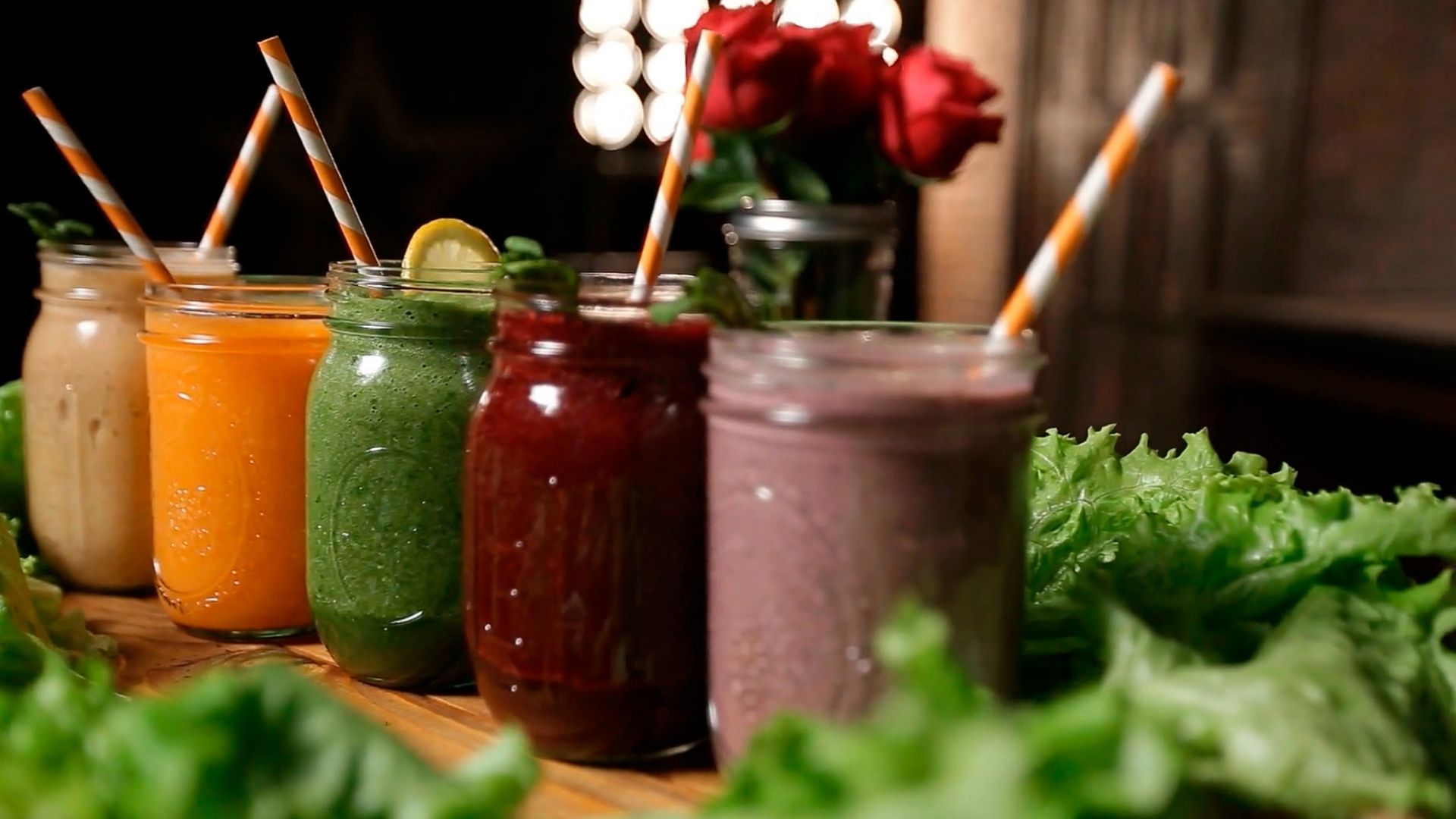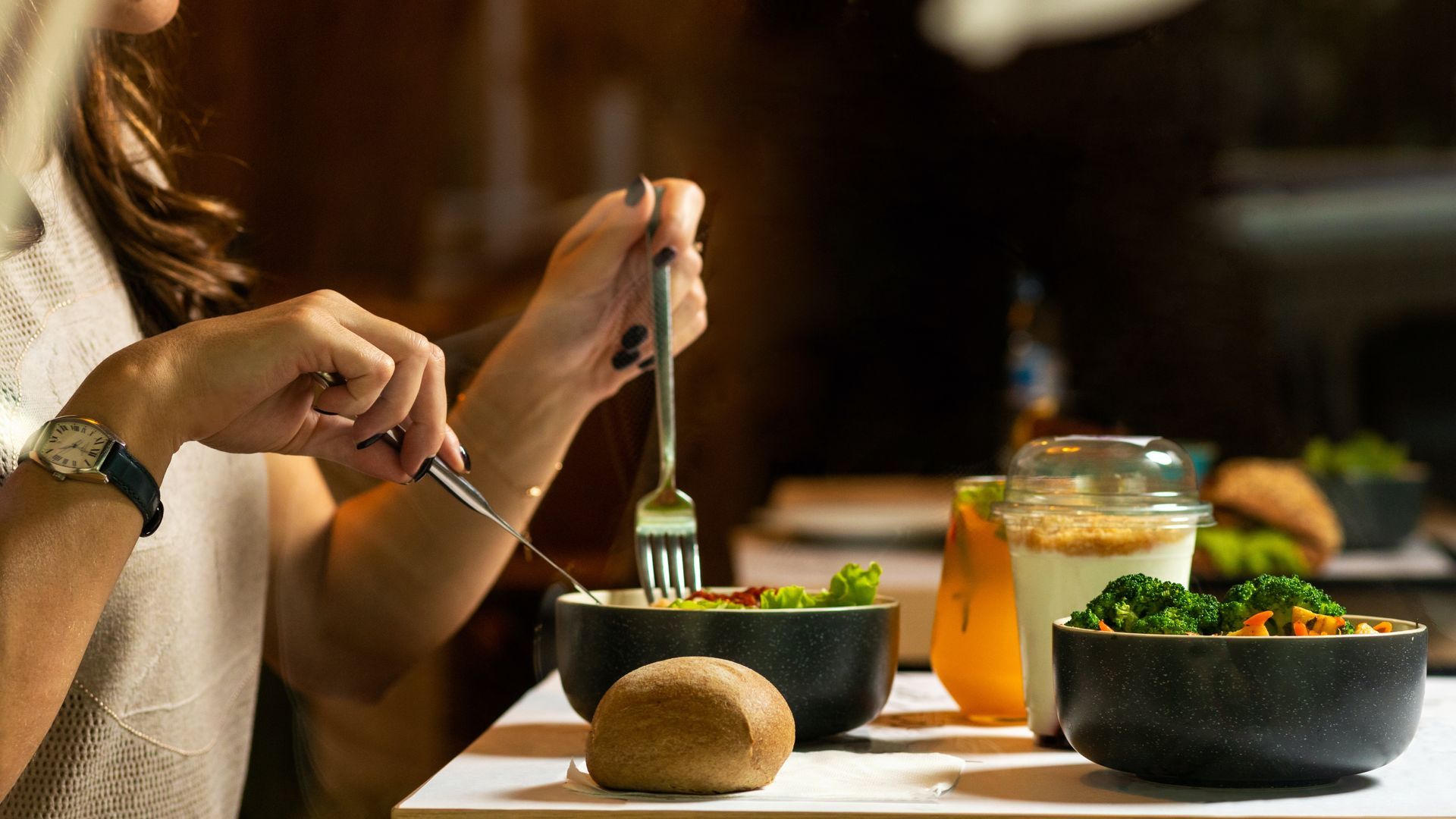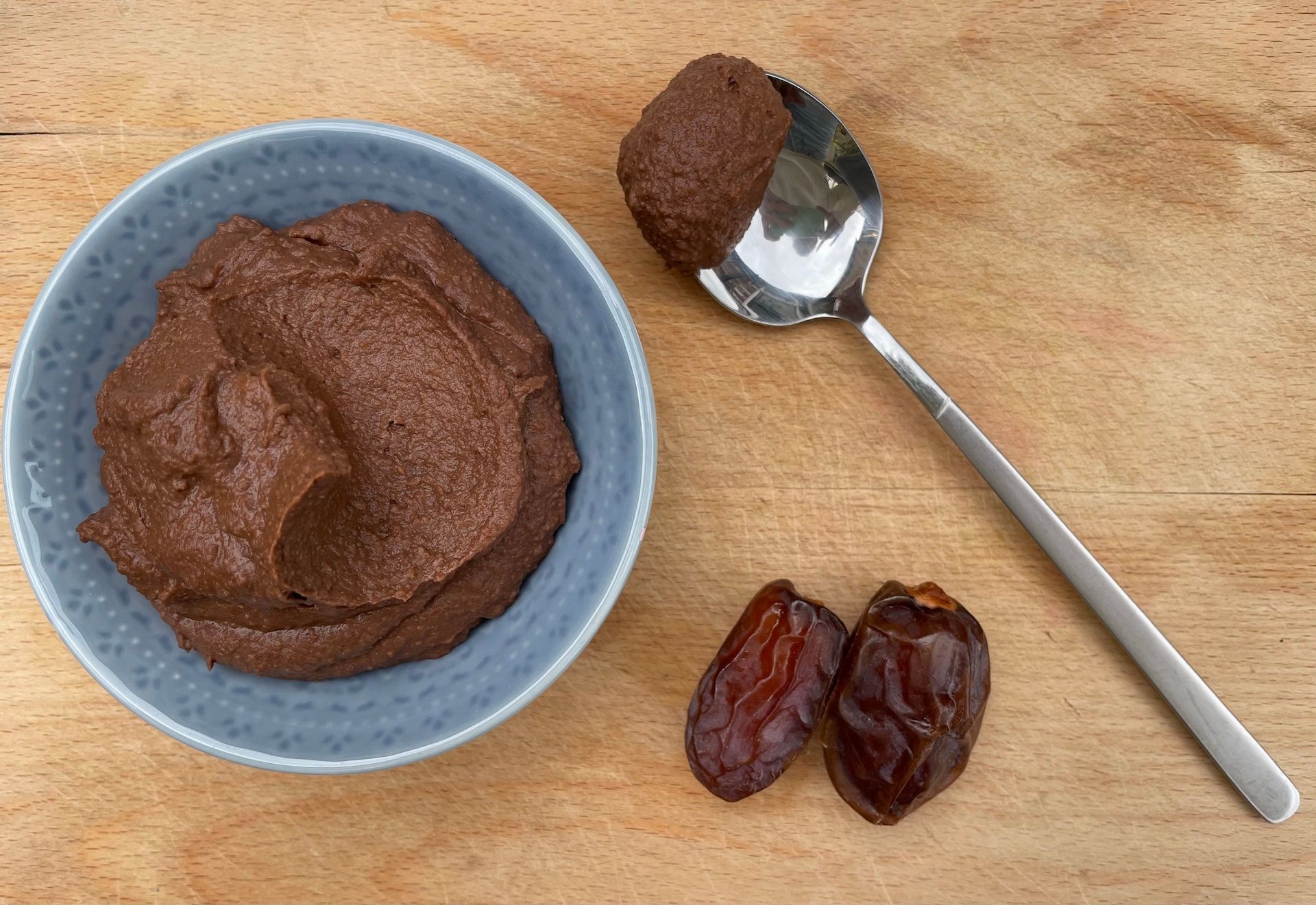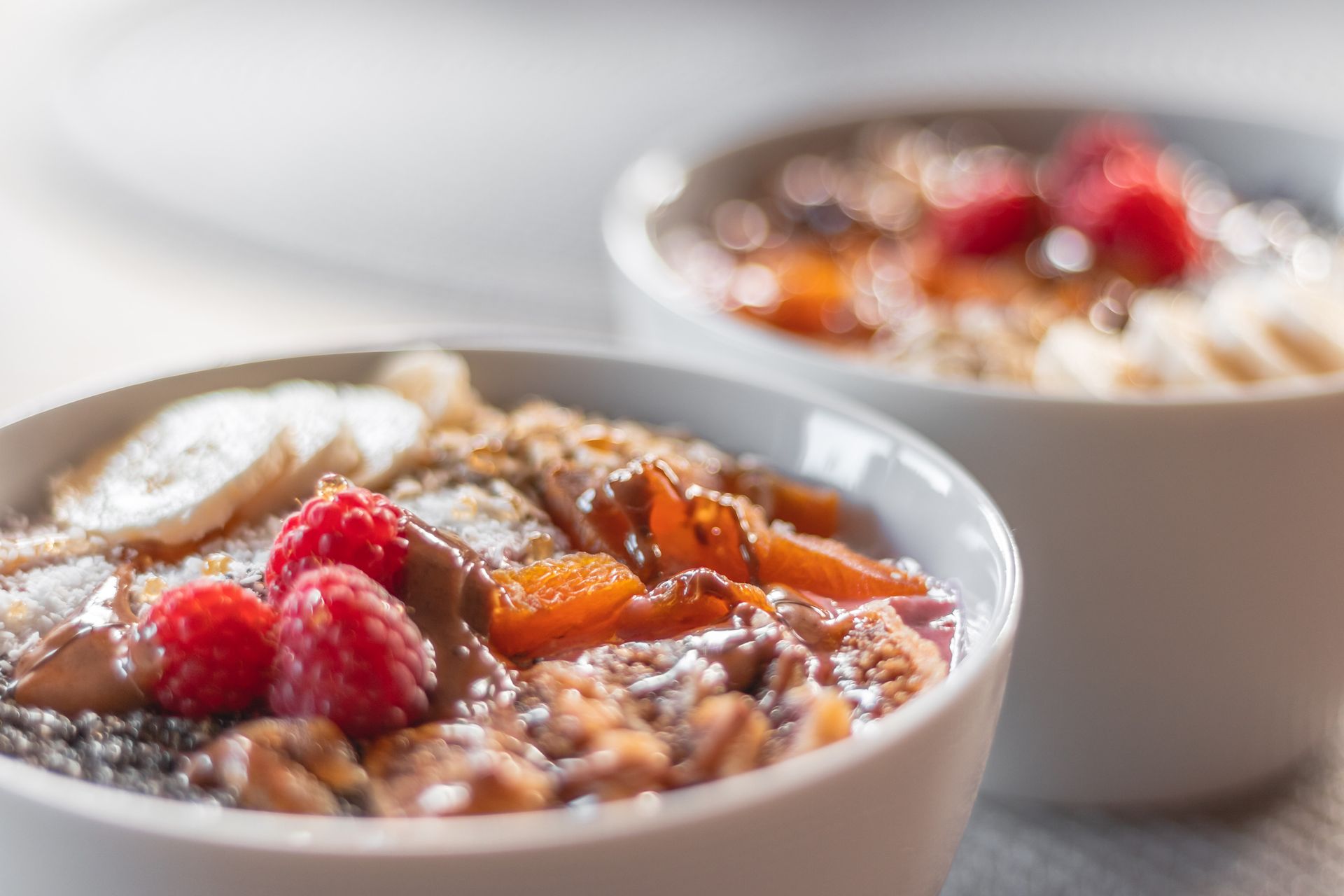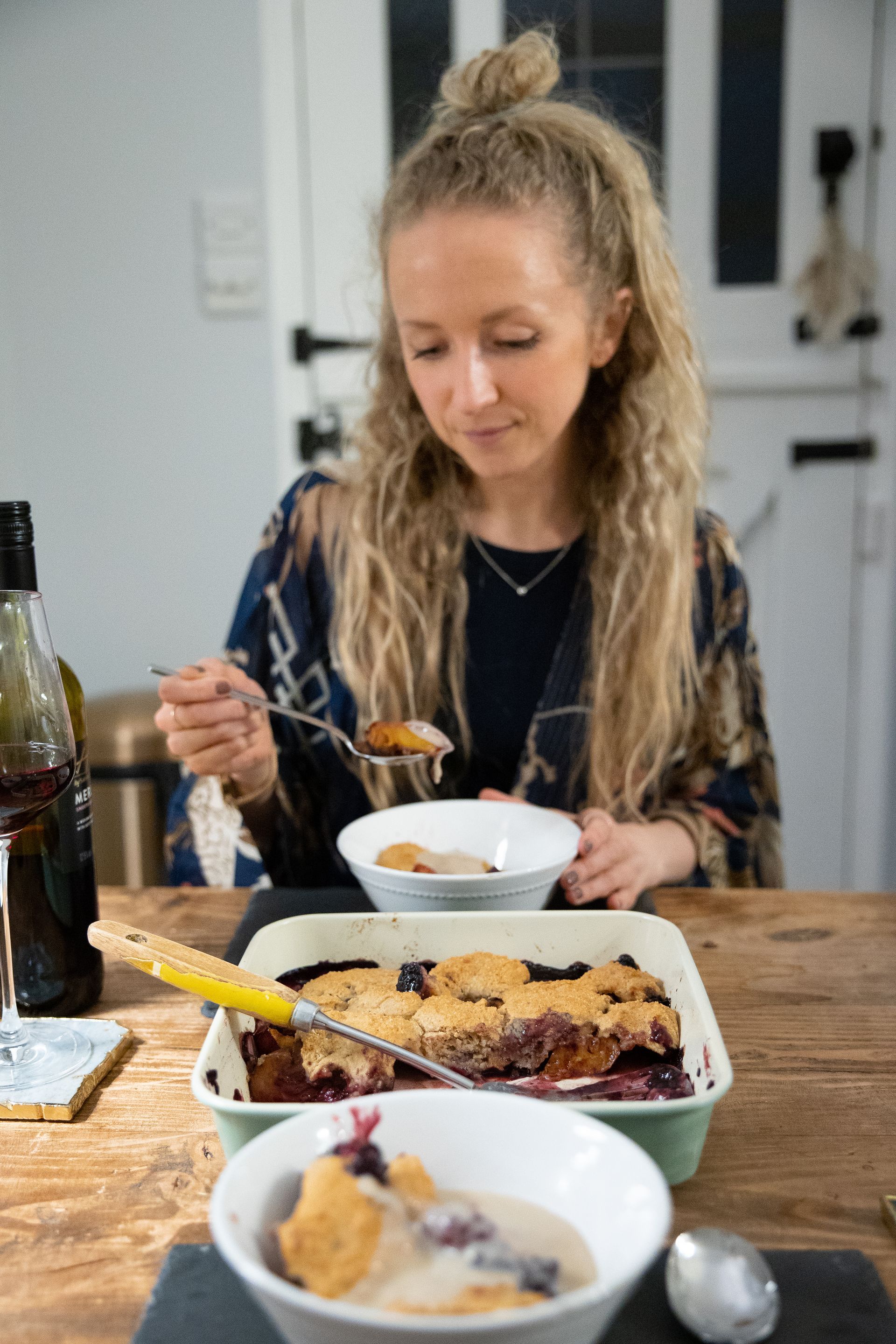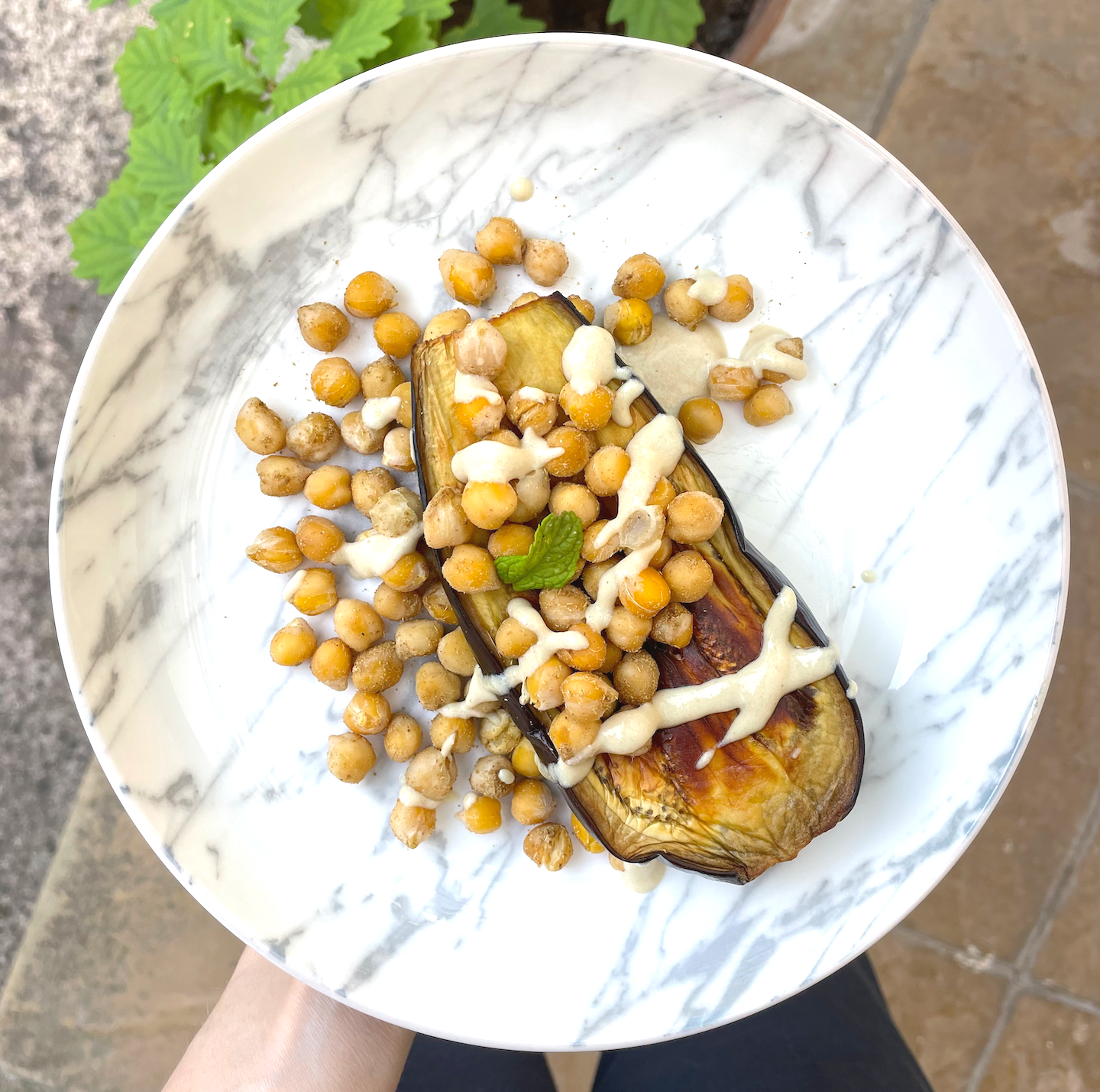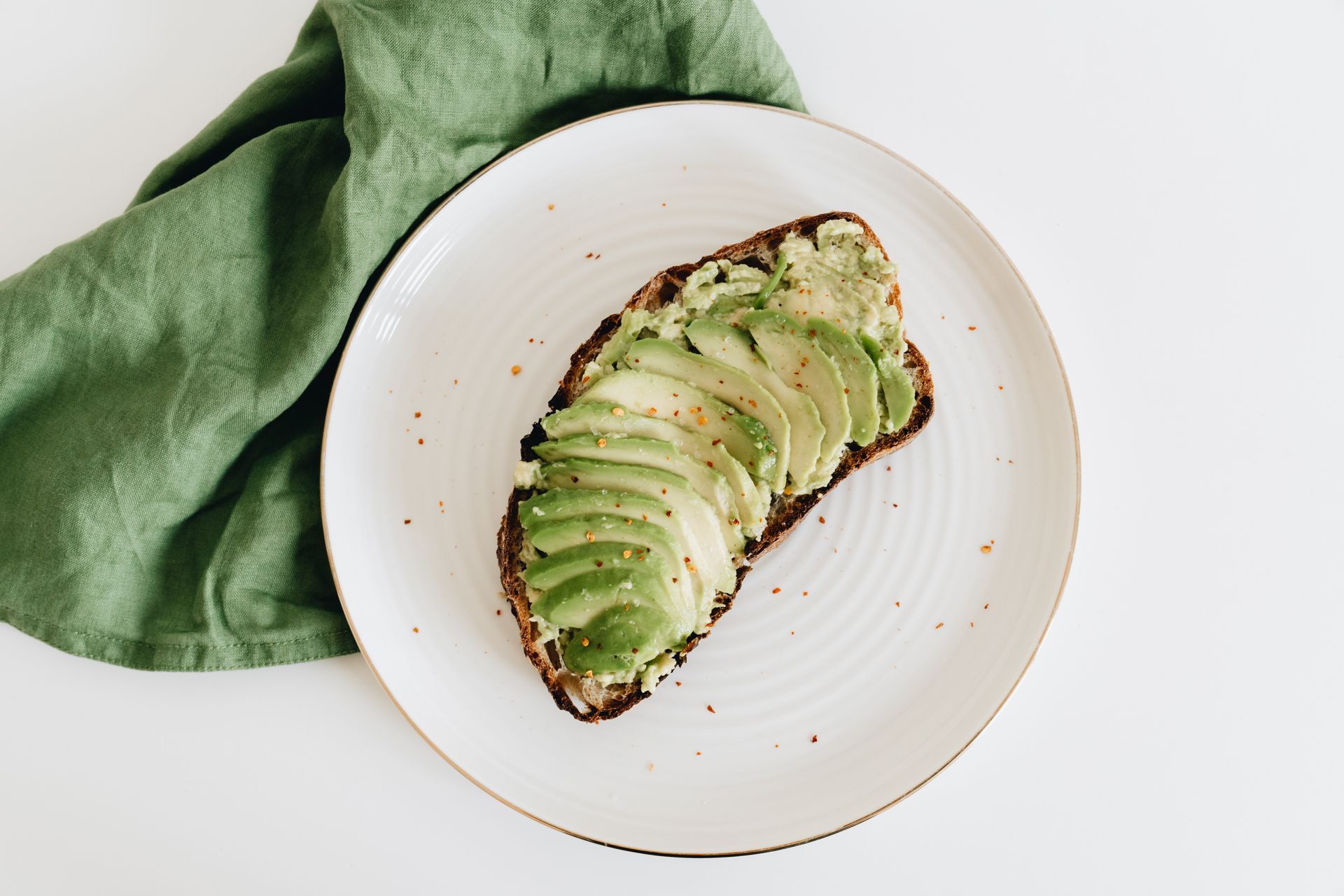Say Hello
Join our newsletter
Join our newsletter
How to Be Vegan in a Non-Vegan Family
Living as a vegan in a non-vegan family can be tough both practically and emotionally. In this months’ blog I am offering my top pieces of advice for anyone facing this tricky dynamic, to help your family find harmony and understanding.
1. Communicate you reasons for being vegan
Many meat-eaters can approach veganism in a defensive manner. If you are finding that this is happening at home, make sure you communicate why you are choosing to eat this way. Highlight that your choices are not there to criticise or judge anyone around you, but simply for you to live in line with your own values and morals.
2. Be open to discussing topics (if you like)
Try to engage in conversations on the topic in an open way. Listen to the other person's thoughts and maybe even ask questions that help them come to their own conclusions. You can either have an open conversation about what you know on the topic, or use it to go away and do some research to support future conversations. Just remember that it is not your job to turn them vegan there and then, but you can use their interest to open a line of communication and explore topics together. This is optional depending on how receptive your family is to new information, and don’t feel pressure to speak if it doesn’t feel right.
You can learn more on how to respond to non-vegans in this brilliant e-book by Ed Winters.
3. Inspire them
You may wish to inspire your family by showing them how enjoyable your vegan lifestyle is. Prepare meals for them or cook a veganised version of your favourite meals together. Leading by example is often the most powerful way to inspire people, particularly if you are enjoying an improvement in your health, fat loss, increased happiness or a greater zest for life.
4. Find some common ground
If you feel uncomfortable discussing veganism, try to focus other topics and interests that you share with your family to help you feel closer to them. Perhaps you share a love of the ocean, political views, religious beliefs or your favourite movies or places to travel! This is a wonderful way to strengthen connections beyond what you choose to put on your plate.
5. Make vegan the default
If you are the main cook, try making a big vegan dish as the base for any meal. For any non-vegans or those who won’t eat your meals without animal products, serve meat, fish, dairy or eggs as a side e.g., they could top a vegan Bolognese with parmesan, add some fried chicken to a vegan stir-fry, or top your vegan crumble with some dairy cream. This way you won’t have to cook separate dishes or throw some vegan sausages in the oven for yourself as an after-thought!
6. Acknowledge your differences
Your family may not be on the same wavelength as you when it comes to veganism, but that’s OK. Not everyone is at the point where they are ready to engage in a lifestyle change, even if they share similar values. You will get a greater peace of mind by accepting these differences, and you never know, the seeds you are planting by living as a vegan now may lead to a change in the future.
7. Get prepped
Social gatherings with non-vegan family members can be a challenge, so try to accept this and prepare for them as best as you can. In some circumstances you may be able to bring along a vegan dish you have made, otherwise contact the event organisers to ensure you will have something available. At the same time, aim to respectfully turn down non-vegan foods without judgement.
8. Work together
Whether you are the main cook or not, try to get everyone involved when you are meal planning as a family. Work together to find vegan and non-vegan options, and perhaps you could agree to have a couple of nights together each week when everyone eats vegan, for example Meatless Mondays. This helps to promote inclusivity and strengthen your family bond.
9. Find support outside your family
Connecting with other vegans outside of your family will help you emotionally. Others may be experiencing similar situations and could support you with additional tips or simply an understanding ear. You could find a local vegan meet up group, or perhaps chat with others within online communities.
Family dynamics can be complex even without the additional differences in lifestyle thrown in, so try to live in a way that promotes peace and harmony within your family unit. Showcase your vegan lifestyle in a positive way and try not to pass judgement or criticism onto others. You never know, they may come to this lifestyle in the future, but in the meantime, remember that you are a family, and a peaceful home life will promote your emotional and physical wellbeing more than arguments over each and every meal will.
It is possible to live as a vegan in a non-vegan family, but it does take communication, acceptance and compassion.
Hello! I'm Rosie, a vegan and plant-based registered dietitian, I work in the NHS and I am founder of Rosemary Nutrition & Dietetics.
If you want more from me, sign up to my mailing to list via the contact page to receive a free 7 day meal plan with recipes and a shopping list, plus extra freebies via email.
You can contact me at
rosie@rosemarynutrition.co.uk or follow me on Instagram at
@plantdietitianrosie.
